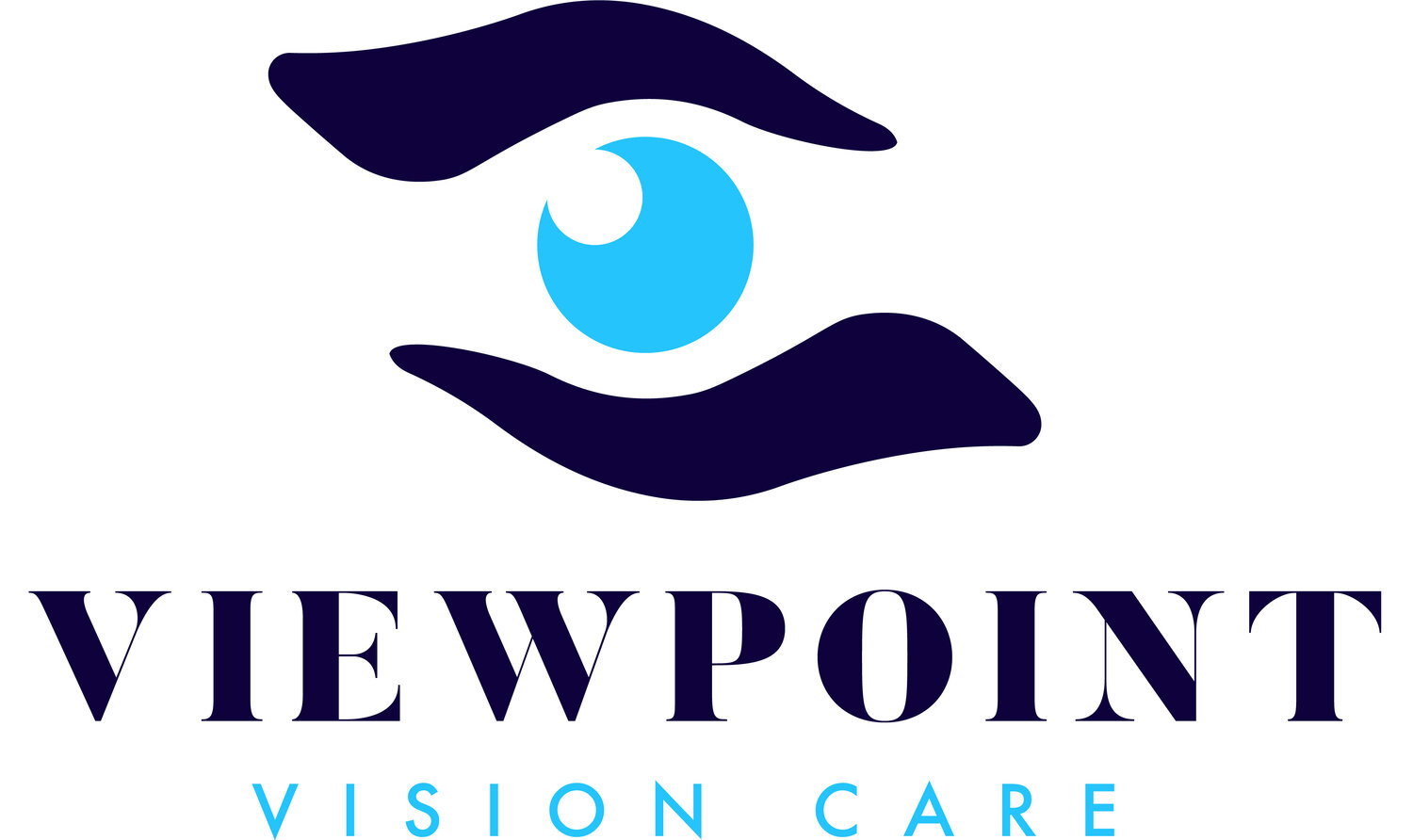Heart Health and Eye Health: The Connection You Need to Know
February is not only the month of love but also a time to prioritize heart health, as it’s recognized as American Heart Month. While most people understand the importance of a healthy heart, fewer realize the strong connection between cardiovascular health and eye health. At Viewpoint Vision Care, we’re committed to educating our patients about how these two vital aspects of health are intertwined. In this blog, we’ll explore the link between heart health and eye health, signs to watch for, and how our mobile eye care services can help detect potential issues early
How Heart Health Impacts Your Vision
Your eyes rely on a steady flow of oxygen-rich blood to function properly. The small, delicate blood vessels in your eyes are closely connected to your cardiovascular system, meaning that issues with your heart can often manifest in your vision. Conditions like high blood pressure, diabetes, and high cholesterol can all affect eye health in significant ways.
1. High Blood Pressure (Hypertension)
- High blood pressure can damage the blood vessels in the retina, leading to a condition called hypertensive retinopathy. This can cause symptoms like blurry vision, double vision, or even vision loss if untreated.
2. Diabetes and Heart Health
- Diabetes increases the risk of heart disease and can also cause diabetic retinopathy. This condition occurs when high blood sugar levels damage the retinal blood vessels, leading to vision issues and potential blindness.
3. High Cholesterol
- Excess cholesterol can form deposits in the blood vessels, including those in the eyes. These deposits can block blood flow, potentially leading to a loss of vision.
4. Stroke and Vision
- A stroke, which occurs due to interrupted blood flow to the brain, can also affect the eyes. Vision problems after a stroke may include blurred vision, double vision, or partial vision loss.
Signs Your Eyes May Be Indicating Heart Problems
Your eyes can serve as windows to your overall health. During a comprehensive eye exam, an optometrist can detect early signs of cardiovascular issues, often before you experience noticeable symptoms. Watch for these potential warning signs:
- Blurred or Distorted Vision: May indicate high blood pressure or a risk of stroke.
- Retinal Bleeding or Swelling: Could point to hypertensive or diabetic retinopathy.
- Yellowish Deposits Around the Eyes: Known as xanthelasma, these deposits are often linked to high cholesterol levels.
- Sudden Vision Loss: May signal a stroke or other severe cardiovascular event.
If you notice any of these symptoms, it’s crucial to seek medical attention immediately.
Preventing Cardiovascular-Related Eye Issues
The good news is that adopting a heart-healthy lifestyle can also benefit your eyes. Here are some steps you can take to protect both your heart and your vision:
1. Maintain a Balanced Diet
- Consume foods rich in omega-3 fatty acids, antioxidants, and vitamins like A, C, and E. These nutrients support eye health and help reduce the risk of heart disease.
2. Exercise Regularly
- Physical activity improves blood circulation, which benefits both your heart and your eyes. Aim for at least 30 minutes of moderate exercise most days of the week.
3. Monitor Blood Pressure and Cholesterol
- Keep your numbers within a healthy range to reduce the risk of damaging your eye’s blood vessels.
4. Quit Smoking
- Smoking increases the risk of both cardiovascular disease and vision problems like macular degeneration and cataracts.
5. Schedule Regular Checkups
- Regular visits to your primary care physician and optometrist can help detect issues early, allowing for timely intervention.
How Viewpoint Vision Care Can Help
At Viewpoint Vision Care, we bring professional eye care directly to your workplace, retirement community, or long-term care facility. Our mobile eye care services make it convenient to prioritize your vision health, especially for those with limited mobility or busy schedules.
Our Services Include:
- Comprehensive Eye Exams: Our exams can detect signs of cardiovascular-related conditions like hypertensive retinopathy, diabetic retinopathy, and more.
- Prescription Eyewear: Protect your vision with glasses or contact lenses tailored to your needs.
- Education and Prevention: We provide personalized advice on maintaining both eye and heart health.
By making eye care accessible and convenient, we ensure that more individuals can detect potential issues early and take steps to protect their overall health.
Why Early Detection Matters
Many cardiovascular and eye-related conditions develop gradually and may not show symptoms in their early stages. Regular eye exams can serve as an essential tool for early detection. For example:
- Hypertensive Retinopathy: Often identified during routine eye exams, this condition can prompt patients to address high blood pressure before it causes more severe health issues.
- Diabetic Retinopathy: Early signs like microaneurysms in the retina can be detected and managed to prevent further complications.
- Stroke Risk: Changes in the retinal blood vessels may indicate an increased risk of stroke, allowing for preventive measures.
This February, as we focus on heart health, remember the vital connection between your cardiovascular system and your eyes. At Viewpoint Vision Care, we’re here to help you prioritize your vision with accessible, comprehensive, and professional mobile eye care services. By scheduling regular eye exams, adopting a heart-healthy lifestyle, and addressing potential issues early, you can protect both your heart and your eyes for years to come.
Contact Viewpoint Vision Care today to schedule an appointment and take the first step toward better heart and eye health. Let us bring care to you—because your vision and health matter.
